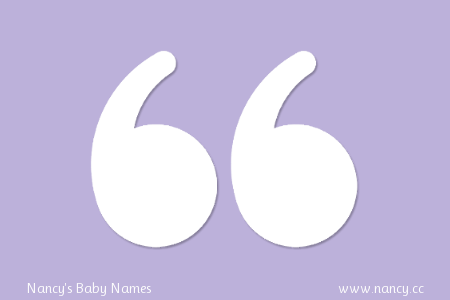Atlas Obscura recently published an article about a man named Glen Eden Einbinder who has been collecting things bearing his first and middle names for more than 25 years.
His collection consists of “Glen Eden” postcards, bottle tops, newspaper clippings, leaflets, photographs, drink coasters, clothing, and more. The items represent various places: the Glen Eden nudist resort in California, the Glen Eden wool company in Georgia, the Glen Eden summer camp in Wisconsin, etc.
Though the two [names] together conjure up some pleasant idyll–Glen as a woodland valley, Eden as a garden–he didn’t realize the connection until he started to come across the huge volume of places that share his name.
Reader Becca pointed me to the article (thank you, Becca!) and asked about other people with this specific first-middle combo.
According to SSA data, at least 125,035 U.S. baby boys (and 1,348 U.S. baby girls) have been named single-N-Glen since 1880. So how many of these American single-N-Glens have the middle name Eden (besides Glen Eden Einbinder)?
A handful do, though I could only find definitive proof of two of them:
- Glen Eden Hawkes (1907-1979) of Idaho
- Glen Eden Franklin (b. 1918) of North Carolina
I also found several international Glen Edens, like these two:
- Glen Eden Davis (1925-2003) of New South Wales, Australia
- Glen Eden Flintoff (b. 1898) of Ontario, Canada
And there were plenty of near-misses. I found people named double-N-Glenn Eden (example), first-last Glen Eden (example), and first-last double-N-Glenn Eden (example). Plus people with first names like Gleneden, Glenedene, and Glenedena (example).
And how was Glen Eden Einbinder himself named?
Glen…is somehow related to the initials of his ancestors, with the “G” perhaps coming from a Great-Aunt Gussie. And Eden comes from the Jack London book Martin Eden, which his father was reading when Einbinder was born.
Do you have any thoughts on the combo “Glen Eden”?
P.S. This article reminded me of a documentary called The Grace Lee Project, in which an Asian-American filmmaker named Grace Lee interviews a bunch of other Asian-American women also named Grace Lee. (I think I first heard about it via Nancy Friedman.)

